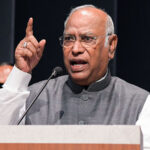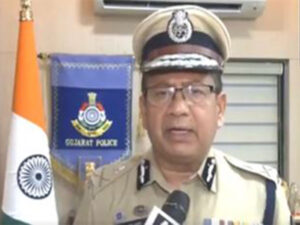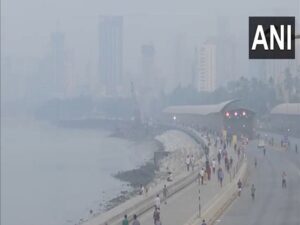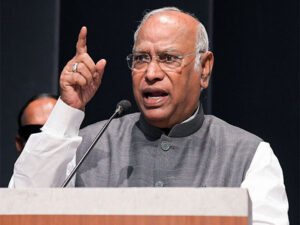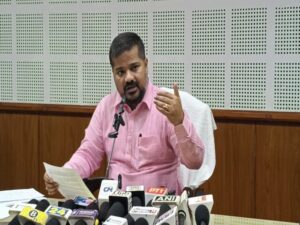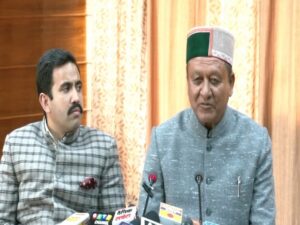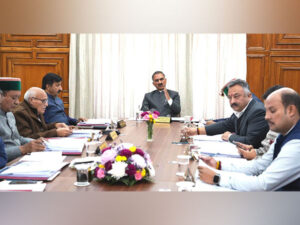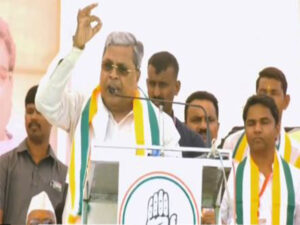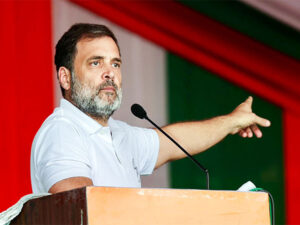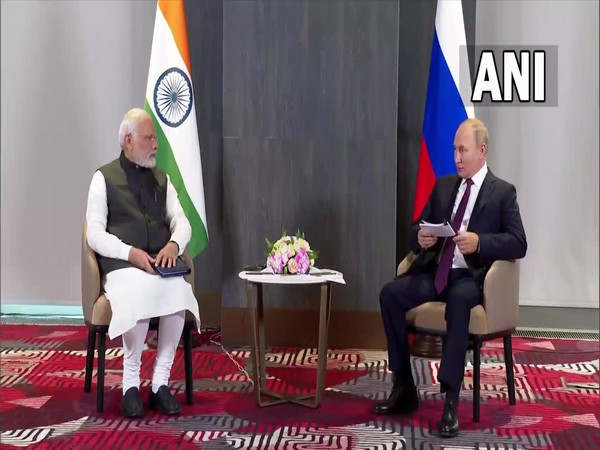
Samarkand [Uzbekistan], September 16 (ANI): Prime Minister Narendra Modi held a bilateral meeting with Russian President Vladimir Putin on the sidelines of the Shanghai Cooperation Organisation (SCO) summit in Samarkand on Friday. Uzbekistan is the current chair of SCO 2022 whereas India will be the next chair of the SCO. Uzbekistan’s President Shavkat Mirziyoyev welcomed PM Modi to the Congress Centre in Samarkand for the 22nd SCO Summit.
Putin congratulated India for assuming the presidency the following year. Apart from the Russian President, Chinese President Xi Jinping also congratulated India for the SCO Presidency in 2023 during the meeting of the expanded circle of the Heads of SCO. “I congratulate India for hosting the SCO next year,” Chinese President Xi Jinping said in a statement during the summit.
Notably, this is the first in-person SCO Summit after the Covid pandemic hit the world. The last in-person SCO Heads of State Summit was held in Bishkek in June 2019. The SCO currently comprises eight Member States (China, India, Kazakhstan, Kyrgyzstan, Russia, Pakistan, Tajikistan and Uzbekistan), four Observer States interested in acceding to full membership (Afghanistan, Belarus, Iran, and Mongolia) and six “Dialogue Partners” (Armenia, Azerbaijan, Cambodia, Nepal, Sri Lanka and Turkey).
The Shanghai Five, formed in 1996, became the Shanghai Cooperation Organisation (SCO) in 2001 with the inclusion of Uzbekistan. With India and Pakistan entering the grouping in 2017 and the decision to admit Tehran as a full member in 2021, SCO became one of the largest multilateral organizations, accounting for nearly 30 per cent of the global GDP and 40 per cent of the world’s population.
SCO has potential in various new sectors, wherein all the member-states could find converging interests. India has already pushed hard for cooperation in Startups and Innovation, Science and Technology and Traditional Medicine. From the time of its full membership, India made sincere efforts to encourage peace, prosperity, and stability of the whole Eurasian region in general and SCO member countries in particular. (ANI)


